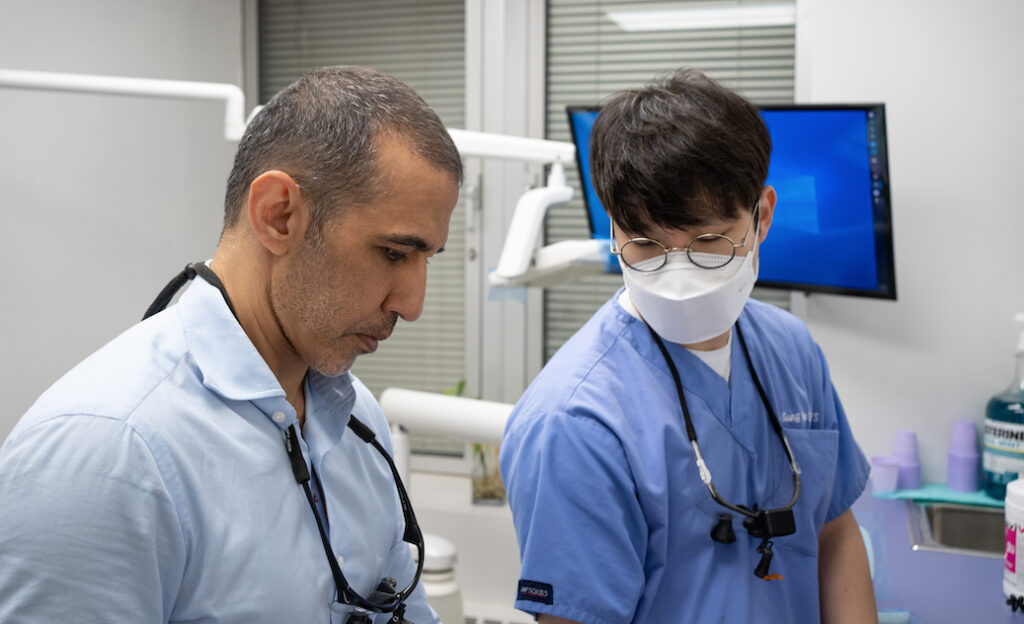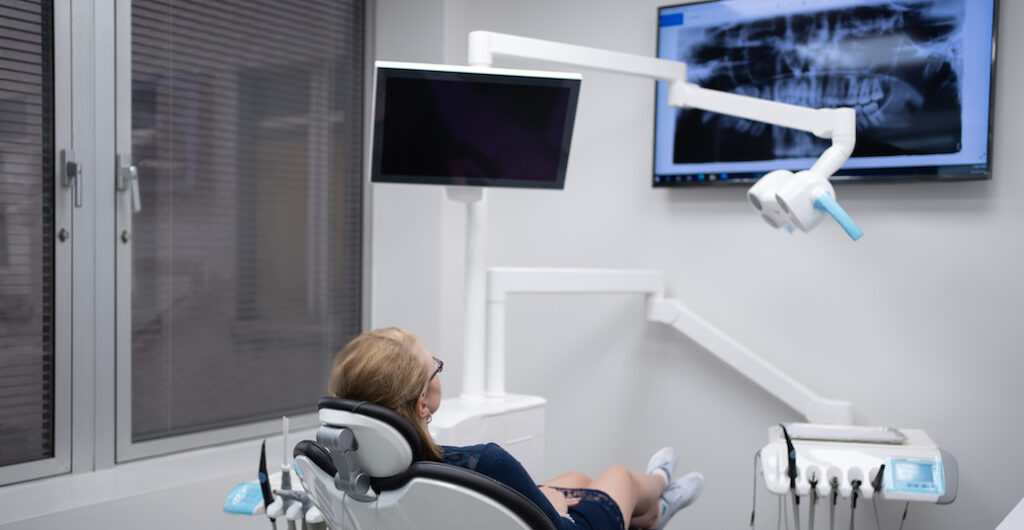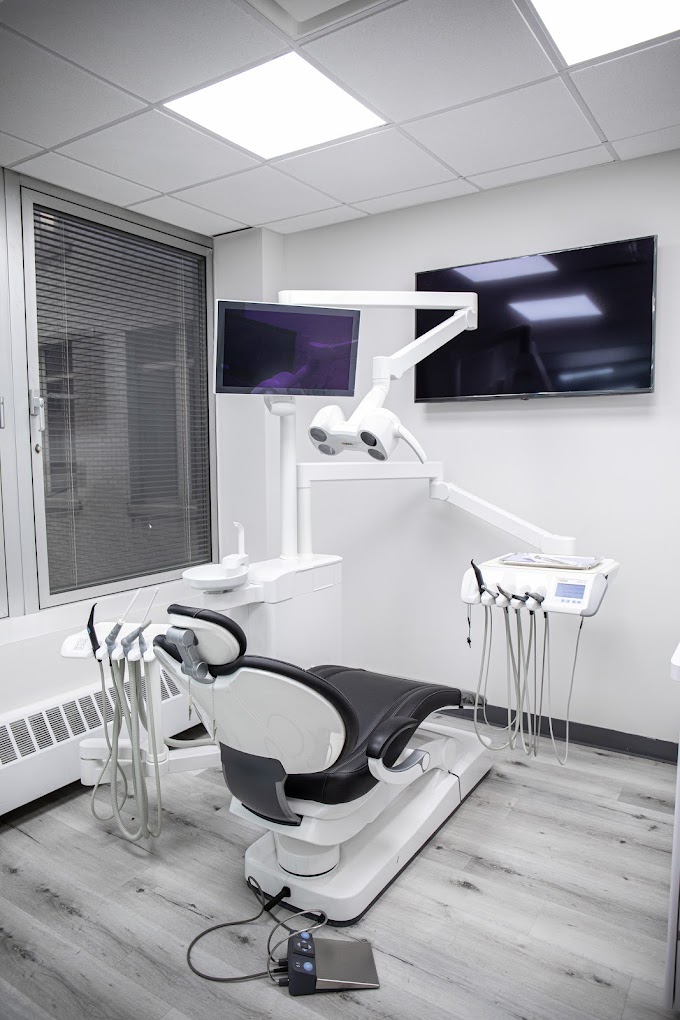The Difference Between Dental Checkups and Dental Treatments
Dental checkups are routine visits that consist of an examination and cleaning. Dental treatments are specialized visits to treat issues with fillings, deep teeth cleanings, root canals, teeth removal, and more. Dental treatments are scheduled on an as-needed basis, while dental checkups follow a regular schedule. Planning regular dental checkups can prevent the need for dental treatments.
Why Do I Need Dental Checkups?
Everyone should go for dental checkups. These routine visits allow your dentist to find any dental problems and other oral health issues you might not have noticed. Without regular visits to the dentist, untreated conditions will likely become painful and difficult to treat down the road.
Letting your dentist regularly inspect your teeth and gums will also help to prevent problems. When your dentist checks for cavities and gives you specific instructions to improve your oral hygiene habits, you are less likely to get cavities.
A survey done in the UK revealed that children who only visited the dentist when they noticed a problem had more decaying teeth and fillings than children with regularly scheduled visits. Children who regularly visited the dentist also needed fewer teeth extractions.
Another survey done with adults showed that those who had regular dental checkups had significantly fewer teeth missing than those who went to see the dentist only for dental treatments. There are many factors that contribute to good oral health, but regular visits to the dentist are an essential part of keeping your teeth healthy and preventing problems.
What Will Happen During My Dental Checkup?

It can be intimidating to go to the dentist, and this fear is what keeps a lot of people from visiting regularly. Knowing what will happen during your dental checkup might make it a little easier to make an appointment and get in that reclining chair.
At your next checkup, your dentist will:
- Perform a thorough examination of your mouth, teeth, and gums
- Ask questions about your overall health and any dental issues you’ve had since your last appointment
- Ask questions about what you eat and your tobacco or alcohol use
- Advise you on ways to improve your oral hygiene and general teeth-cleaning habits
- Recommend treatment or other measures for dental problems, if necessary
At the end of the appointment, your dentist should suggest a date for your next visit. It might be sooner than six months, and it might be further out. Your dentist will take into account your current oral health and risk of developing problems when scheduling your next checkup.
How Often Should I Go to the Dentist?

There’s no one-size-fits-all answer to this question. When deciding on a dental checkup routine, there are many things to keep in mind. Factors that affect how often you need to see the dentist include:
Lifestyle. If you drink or smoke often, you may need to see the dentist more frequently. Studies show that people who drink alcohol have a three times higher rate of permanent tooth loss than the national average in the United States, and tobacco usage is linked to common oral diseases.
Attitude. If you are dedicated to your oral hygiene, your oral health will be better than if you aren’t diligent to keep good oral hygiene habits. The more you commit to keeping your mouth, teeth, and gums healthy, the less likely it is that you’ll need to see the dentist often.
Biology. There are certain things about your dental health that you simply won’t be able to change. If you’re prone to getting cavities, you’ll need to take extra steps to fight them. If you have a family history of certain oral diseases, you’ll need extra attention from your dentist.
Access. Preventative actions are a great way to maintain your oral hygiene, but if you can’t easily access the products and services you need to take care of your oral health, you’re more likely to need frequent dental checkups.
Keeping a regular schedule of dental appointments is important to prevent problems and protect your oral health. Talk to your dentist to decide when your next checkup should be.
Source:


